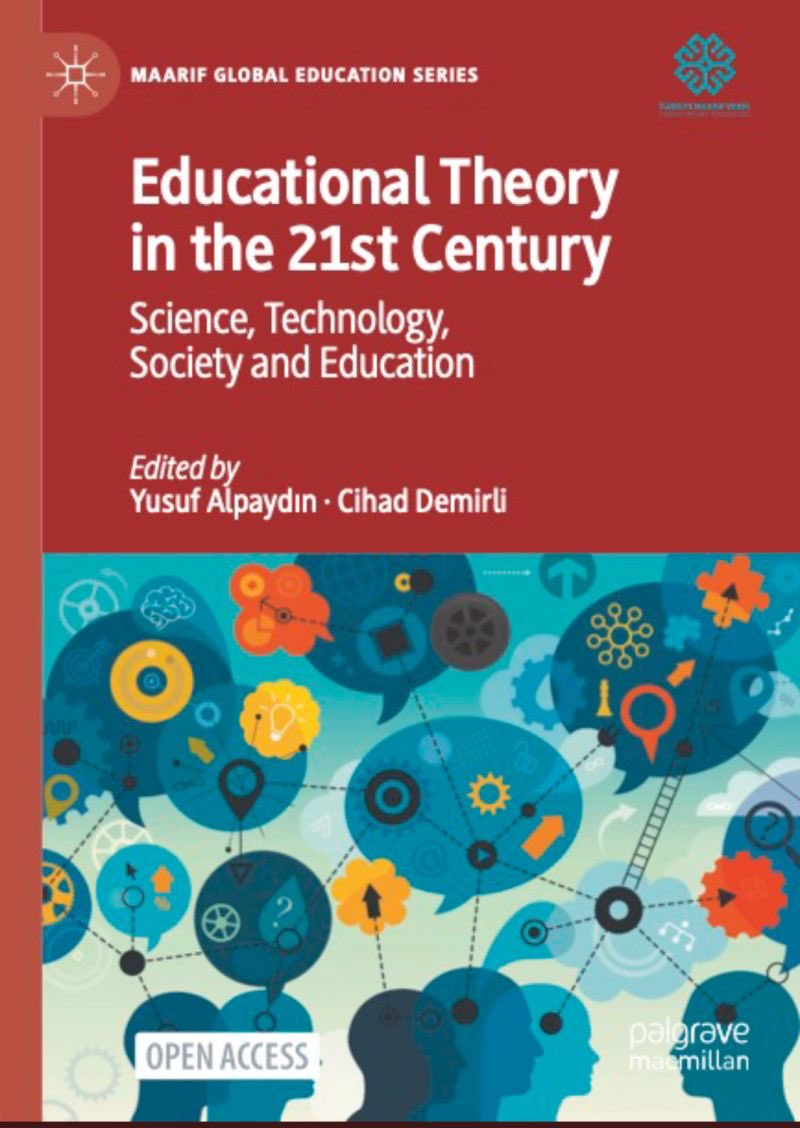Revisiting Effective Instructional Strategies for Twenty-First-Century Learners
Asil Ali Özdoğru
 Rapid changes in the society and technology of the twenty-first century world have brought unique challenges for humanity. This chapter summarizes some of the strategies and support systems for effective learning and teaching in the twenty-first century in addressing some of these challenges. Learning is a dynamic process that is supported by the mechanisms of memory and reasoning as well as an individual’s mindset, habits, goals, and motivation. Theories and research imply that learning is not only a cognitive process but also a social-emotional process that takes place environmentally and culturally across one’s lifespan. Strategies to foster effective learning and teaching should pursue developing a process that is more active, authentic, collaborative, creative, interactive, personalized, relational, and self-regulative. Effective instruction is centered on the learner and knowledge, promotes conceptual understanding and metacognition, and utilizes assessment and technology in alignment with the instructional objectives. Productive instructional strategies used in a caring and supportive environment embedded in service and support systems foster learners’ cognitive, social, and emotional development.
Rapid changes in the society and technology of the twenty-first century world have brought unique challenges for humanity. This chapter summarizes some of the strategies and support systems for effective learning and teaching in the twenty-first century in addressing some of these challenges. Learning is a dynamic process that is supported by the mechanisms of memory and reasoning as well as an individual’s mindset, habits, goals, and motivation. Theories and research imply that learning is not only a cognitive process but also a social-emotional process that takes place environmentally and culturally across one’s lifespan. Strategies to foster effective learning and teaching should pursue developing a process that is more active, authentic, collaborative, creative, interactive, personalized, relational, and self-regulative. Effective instruction is centered on the learner and knowledge, promotes conceptual understanding and metacognition, and utilizes assessment and technology in alignment with the instructional objectives. Productive instructional strategies used in a caring and supportive environment embedded in service and support systems foster learners’ cognitive, social, and emotional development.
Asil Ali Özdoğru
 Rapid changes in the society and technology of the twenty-first century world have brought unique challenges for humanity. This chapter summarizes some of the strategies and support systems for effective learning and teaching in the twenty-first century in addressing some of these challenges. Learning is a dynamic process that is supported by the mechanisms of memory and reasoning as well as an individual’s mindset, habits, goals, and motivation. Theories and research imply that learning is not only a cognitive process but also a social-emotional process that takes place environmentally and culturally across one’s lifespan. Strategies to foster effective learning and teaching should pursue developing a process that is more active, authentic, collaborative, creative, interactive, personalized, relational, and self-regulative. Effective instruction is centered on the learner and knowledge, promotes conceptual understanding and metacognition, and utilizes assessment and technology in alignment with the instructional objectives. Productive instructional strategies used in a caring and supportive environment embedded in service and support systems foster learners’ cognitive, social, and emotional development.
Rapid changes in the society and technology of the twenty-first century world have brought unique challenges for humanity. This chapter summarizes some of the strategies and support systems for effective learning and teaching in the twenty-first century in addressing some of these challenges. Learning is a dynamic process that is supported by the mechanisms of memory and reasoning as well as an individual’s mindset, habits, goals, and motivation. Theories and research imply that learning is not only a cognitive process but also a social-emotional process that takes place environmentally and culturally across one’s lifespan. Strategies to foster effective learning and teaching should pursue developing a process that is more active, authentic, collaborative, creative, interactive, personalized, relational, and self-regulative. Effective instruction is centered on the learner and knowledge, promotes conceptual understanding and metacognition, and utilizes assessment and technology in alignment with the instructional objectives. Productive instructional strategies used in a caring and supportive environment embedded in service and support systems foster learners’ cognitive, social, and emotional development.Keywords: Twenty-first-century skills, Instructional strategies, Educational implications
Citation: Özdoğru, A. A. (2022). Revisiting effective instructional strategies for twenty-first-century learners. In Y. Alpaydın & C. Demirli (Eds.), Educational theory in the 21st century: Science, technology, society and education (pp. 175-195). Palgrave Macmillan. https://doi.org/10.1007/978-981-16-9640-4_8



